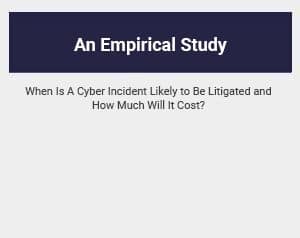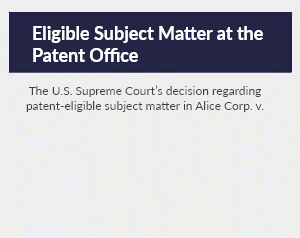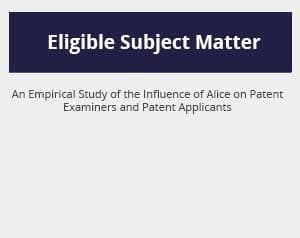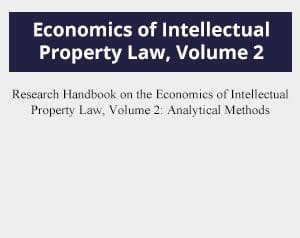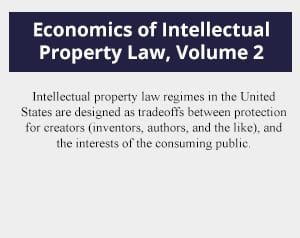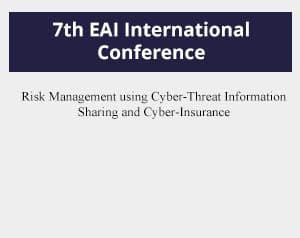Sept-13-2016
Last year, in Fortune magazine, Martin Shkreli was named the “most hated man in America”.The hedge fund manager-turned pharmaceutical CEO earned his title after he increased the price of a life-saving drug used to help AIDS patients by 5,500%.Recently, a company named Mylan did the same for the medical device known as the “EpiPen.” Both companies faced severe backlash from the media and the public at large, but despite the heightened emotions that both cases caused, did they actually do anything wrong?
In 2007, Mylan bought the rights to market the EpiPen. An EpiPen is a device used to inject a dose of adrenaline, normally to treat anaphylaxis, a serious allergic reaction.The EpiPen makes up 90% of the market of adrenaline injectors. In 2016, the price of the EpiPen increased to over $600 per treatment, a 1,400% increase since 2007.
Turing Pharmaceuticals, founded by Martin Shkreli, earned notoriety in 2015 for its handling of Daraprim, an anti-parasitic drug also used by AIDS patients with compromised immune systems. Although the drug is effective, it caters to a fairly small market, so very few companies manufacture it. It entered the news in 2015 after Turing bought the American marketing rights to Daraprim and raised the price from $13.50 per tablet to $750 per tablet. Since Turing had market control of the drug in the U.S., patients that needed the drug had no other choice but to pay the inflated price.
Both companies owned nearly the entire market for their respective drugs and took advantage of it by raising prices. This kind of behavior could be regarded as monopolistic and may bring up antitrust issues. Antitrust law is described by the Federal Trade Commission as laws that promote vigorous competition and protect consumers from anti competitive business practices.Perhaps the most common example of such conduct is a monopoly. Under the Sherman Act, an illegal monopoly exists when a single company unreasonably restrains competition. This means a company can control a market by being better managed or having a better product, but they cannot prevent competitors from entering the market or sell products at below-cost pricing, called predatory pricing.
This definition of a monopoly does not prevent a company that has legally acquired monopoly power – loosely defined as at least 50% market share – from charging increased prices. Simply charging more for a product should mean that willing competitors may enter the market and charge less, thereby creating competition and driving down prices. Illegal monopolistic activity would occur if the company with monopoly power prevented that competitor from selling their cheaper product.
Neither Turing nor Mylan appear to have broken the law just by charging more for their products. However, other actions could be seen as illegal. Mylan entered into a contract with New York public schools which prevented the schools from buying any products from Mylan’s competitors for twelve months. This prompted the New York Attorney General to recently launch an antitrust probe.Turing may face an investigation after exerting tight control on Daraprim’s distribution system, which can now be bought only at Walgreen’s, meaning that any competitor wishing to make a generic version of the drug has limited options for obtaining it for testing.This could be seen as a restraint on competition, especially after the price increase for their drug.
Both companies suffered serious public relations damage as a result of their price increases. However, a conviction in the court of public opinion should not be confused with one in the courts of law where the line between legally earned market power and illegally engaging in anti competitive activities can be a difficult one to draw.

